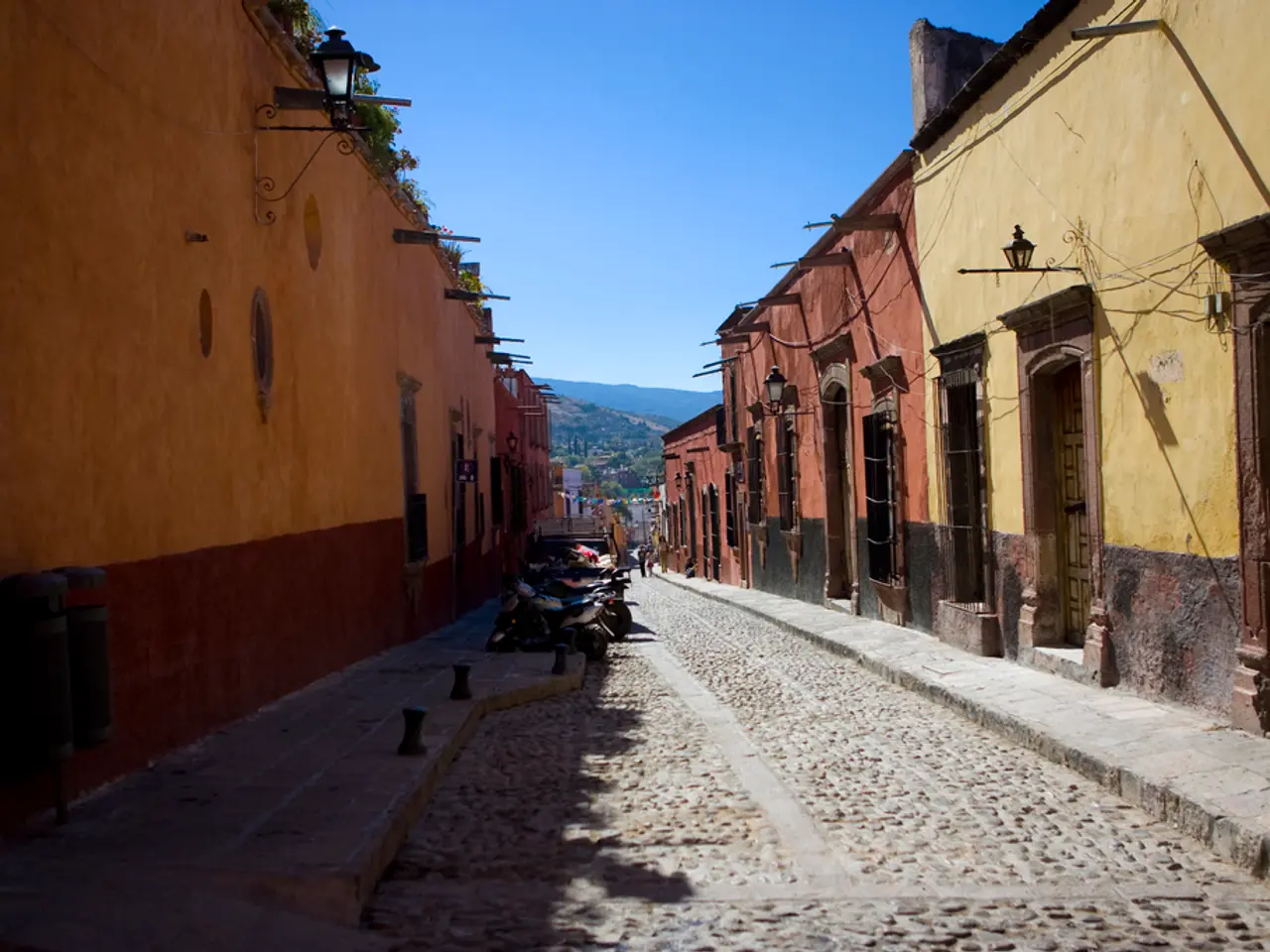Israel's West Bank settlement plan may permanently obstruct the establishment of a Palestinian state, as explained hereafter.
The Israeli government has given final approval to build thousands of new housing units in the occupied West Bank, specifically in the E1 area east of Jerusalem, a move that has sparked international condemnation and raised concerns about the prospects for a contiguous Palestinian state.
The plans to expand Jewish settlements in the West Bank, including the sensitive E1 area, have a complex history and disputed international legal status. After Israel captured the West Bank (including East Jerusalem) in the 1967 Six-Day War, it began establishing Jewish settlements in the area. Israel considers these territories "disputed" rather than "occupied," viewing its claim as having priority until a peaceful resolution is reached. However, the international community largely treats the West Bank, including E1, as occupied territory, and Israeli settlements there as illegal under international law.
The E1 area, a roughly 12-square-kilometer tract east of Jerusalem, has been a focal point of Israeli settlement plans and international opposition. Israel has delayed construction projects there due to global pressure but resumed recent approvals for large housing projects. The expansion of settlements in the West Bank is viewed as an obstacle to negotiations between Israelis and Palestinians by the international community.
Palestinians argue that developing E1 would effectively sever the West Bank geographically, preventing a viable, contiguous Palestinian state by splitting northern and southern parts of the territory and isolating East Jerusalem as a Palestinian capital. International actors including the United States, EU, and UN have stated that building in E1 would "deal a fatal blow" to the two-state solution by fragmenting Palestinian territorial continuity and increasing travel times within the West Bank.
Israel has attempted to mitigate these concerns by constructing bypass roads linking East Jerusalem with other West Bank areas to maintain Palestinian movement. However, critics see these as inadequate and indicative of an annexation agenda.
The UK and the European Union have strongly opposed the plans, with the UK describing it as a "flagrant breach of international law." The Palestinian Authority denounced the Israeli plan to establish new settlements as a "dangerous escalation and a challenge to international legitimacy and international law." British foreign minister David Lammy stated that the plans must be stopped immediately, saying "The plans are a flagrant breach of international law."
The US State Department did not denounce the plans to build new settlement housing, instead focusing on the need for stability in the West Bank and ending the war in Gaza. However, the US State Department under the Trump administration had reversed longstanding US policy and ruled that settlements were "not inconsistent" with international law. This policy was left in place by the Biden administration.
The Yesha Council, which advocates for Jewish settlements in the West Bank, has celebrated the approval of the E1 settlement project. The far-right Finance Minister Bezalel Smotrich has been a vocal advocate for annexing the occupied West Bank and applying Israeli sovereignty to the entire territory. Smotrich has stated that the E1 settlement project will "permanently bury the idea of a Palestinian state."
The Israeli settlement expansion, including the E1 project, is viewed as a "flagrant violation" of international law by the United Nations. The United Nations Security Council resolution 2334, passed in 2016, declared that Jewish settlements in occupied territory have "no legal validity." The European Union's foreign policy chief, Kaja Kallas, urged Israel to halt the expansion of settlements, stating that it "further undermines the two-state solution."
As of last year, there were 141 settlements in the West Bank. The Israeli government has approved 3,401 new housing units as part of the E1 settlement project. The Palestinian National Council has criticized the E1 settlement project, describing it as a "systemic plan to steal land, Judaize it, and impose biblical and Talmudic facts on the conflict."
Thus, the establishment and expansion of Jewish settlements in the West Bank, particularly in the E1 area, remain one of the most contentious issues obstructing the realization of a unified Palestinian state and a lasting peace agreement.
Read also:
- United States tariffs pose a threat to India, necessitating the recruitment of adept negotiators or strategists, similar to those who had influenced Trump's decisions.
- Weekly happenings in the German Federal Parliament (Bundestag)
- Southwest region's most popular posts, accompanied by an inquiry:
- Discussion between Putin and Trump in Alaska could potentially overshadow Ukraine's concerns








